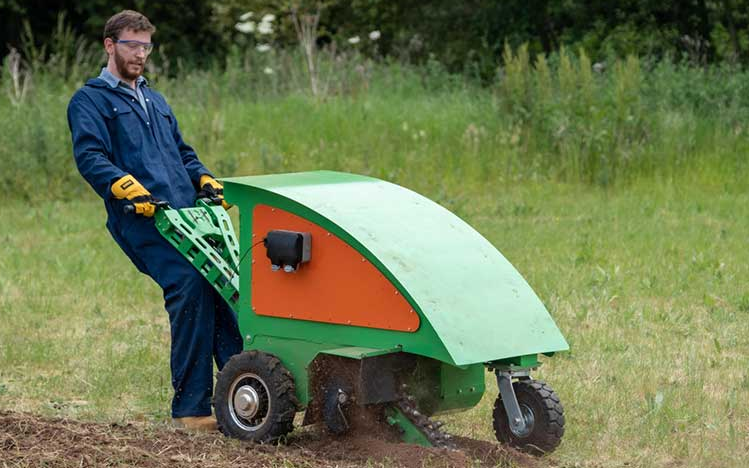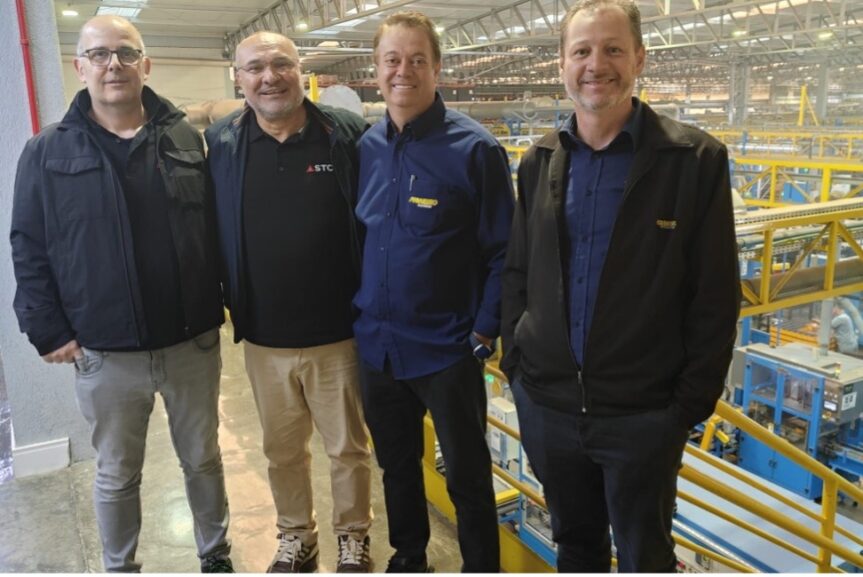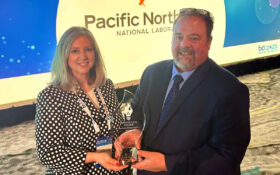Aftrak, an initiative based out of the UK and Tiyeni of Malawi, a Malawian non-government organisation has won the Milken-Motsepe prize for green energy.
Modern farming is energy consuming as most machines are powered with fossil fuels. However, the last decade has seen a strong trend towards a more sustainable agricultural infrastructure. The outcome is an easy-assembled revolutionary solar and lead-battery-powered tractor, supporting sustainable farming in Africa that has won a major international environmental prize, the Milken-Motsepe prize for green energy.
The project has been co-founded by the Consortium for Battery Innovation (CBI) and the global lead battery manufacturer Clarios, based in Wisconsin, and owner of battery brands like Varta and Optima. The team is led by Loughborough University in the UK.
The judges praised Aftrak for designing a system, which has tripled agricultural yield, increased farmer incomes, and provided electricity to remote communities. Rolling out the micro-electric tractor system could support up to 800 million African farmers.
“During our research, we found the microgrids, when deployed across sub-Saharan Africa, weren’t generating sufficient income during their lifespan to pay for the maintenance and to keep them well supported. Now, our new system allows solar microgrids that provide energy to electrify the entire community that then supports our solar electric tractors. Eleven months ago, this did not exist”, said Jonathan Wilson, Project Lead and Lecturer, Aftrak.
CBI’s Research and Projects Director Carl Telford said: “The Aftrak tractor and solar system use the most appropriate technology available. Lead batteries provide affordable and reliable energy storage in rural areas, and they can be fully recycled.”
CBI Executive Director Dr Alistair Davidson said: “This award recognises the significant opportunities that exist to develop clean-energy solutions for communities anywhere in the world, making the most of sustainable solar or wind-powered microgrids.”












